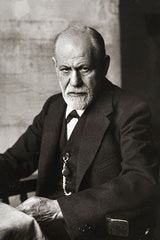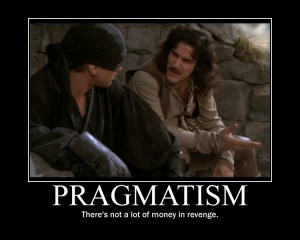Hull and the Drive for Another World
C.S. Lewis says in his popular Mere Christianity, “If we find ourselves with a desire that nothing in this world can satisfy, the most probable explanation is that we were made for another world.”
While Lewis was not referring to the same idea as Clark Leonard Hull, to me, his idea of an innate desire resonated similarly to Hull’s theory of reinforcement. For Hull, “a biological need creates a drive in the organism” (p. 437). The individual lives in a state of tension with unsatisfied desires. As they seek to relieve the tension, behaviors and motivations are reinforced.
I think that Hull’s Drive Reduction Theory aligns with both the Fall and Redemption. In the Fall, there is like Lewis describes, a desire that cannot be satisfied. We live in a state of tension. For Hull, the individual is perpetually in need (cold, thirsty, lonely), wanting to satisfy desires. Thankfully, because of Redemption we not only get a glimpse of “another world” but we actually are restored with God. Considering the Hull’s theory, an individual alleviates the tension as they engage in behaviors that restore them to balance (dressing warmer, getting a drink, making a friend). Motivation or the behaviors that relieve tension fuel humanity to seek restoration, Another World.




